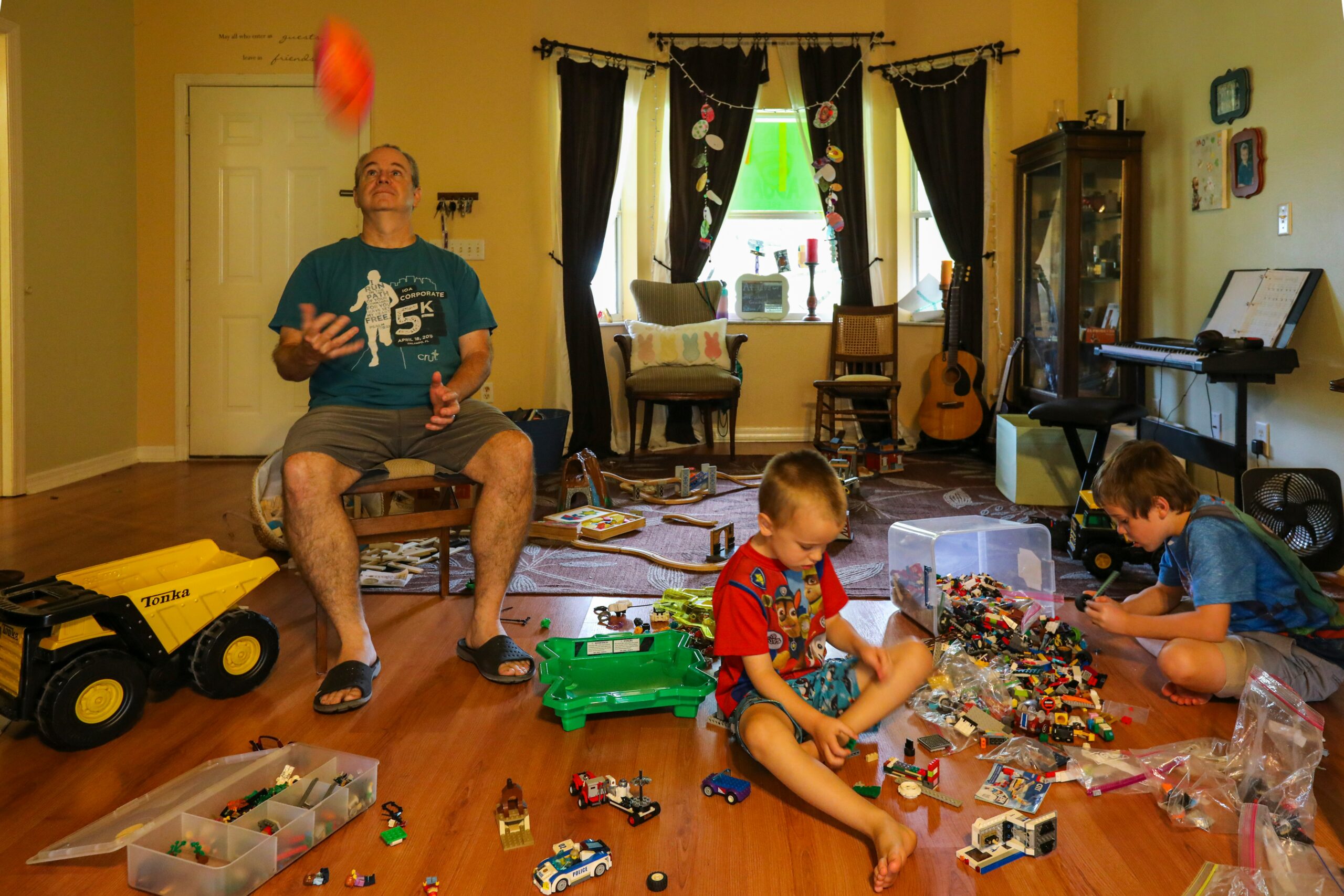Effective Communication: The Cornerstone of Resolution
At the heart of successful conflict resolution lies effective communication. Parents who master the art of active listening often find it easier to navigate disagreements with their teens. This involves giving full attention to what the teen is saying, reflecting back their words, and asking clarifying questions. By doing so, parents demonstrate respect for their child’s perspective, even if they don’t agree with it.
Using “I” statements can also be a powerful tool in defusing tense situations. Instead of accusatory language, parents can express their concerns in a way that focuses on their own feelings and observations. For example, “I feel worried when you don’t call to let me know you’ll be late” is likely to be received better than “You’re so irresponsible for not calling.“
The Power of Compromise
Negotiation and compromise are essential skills for both parents and teens to develop. While parents need to maintain clear boundaries, allowing teens some input into decision-making can reduce conflict and foster a sense of responsibility. This doesn’t mean giving in to every demand, but rather finding areas where flexibility is possible.
For instance, if a teen wants to attend a party that the parent feels is unsafe, a compromise might involve discussing what conditions would make the parent comfortable with future party attendance. This approach shows respect for the teen’s growing independence while still prioritizing safety.
Modeling Conflict Resolution
Parents play a crucial role in teaching conflict resolution by example. When disagreements arise, staying calm and approaching the situation with patience can set a powerful precedent. If emotions run high, taking a timeout to cool down before continuing the discussion can prevent escalation and model emotional regulation for teens.
It’s also important for parents to acknowledge when they’ve made mistakes. Apologizing for overreactions or hasty words demonstrates humility and reinforces the idea that conflict resolution is a skill that everyone, including adults, continues to develop.
The Role of Professional Support
In some cases, conflicts may benefit from the involvement of a neutral third party, such as a family counselor. These professionals can provide strategies for improving communication and help both parents and teens gain perspective on their disagreements. Seeking help is not a sign of failure but rather a proactive step towards healthier family dynamics.
Conflict between parents and teens is inevitable, but it doesn’t have to be destructive. By approaching disagreements with empathy, open communication, and a willingness to compromise, families can turn conflicts into opportunities for growth and deeper understanding. Remember, the goal is not to eliminate conflict entirely, but to navigate it in a way that strengthens relationships and prepares teens for the challenges of adulthood.
If a conflict with siblings would be another source of stress for you as a parent, please check our post about that here.
We hope it helps,
The Smart Parenting Blog







